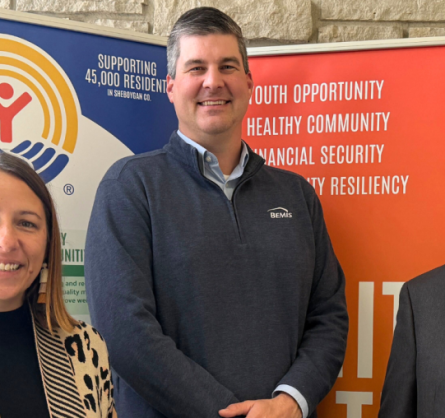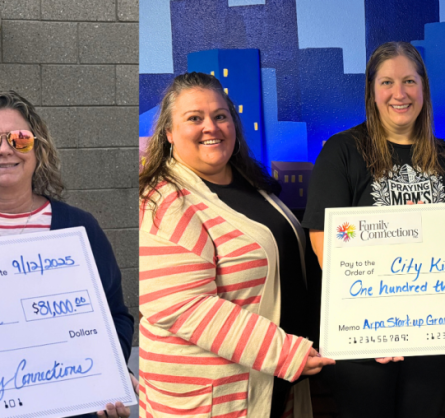Twice a year, communities across the nation come together for a powerful initiative: the Point-In-Time (PIT) Count. This event is more than just a count; it’s an opportunity to connect with our unsheltered neighbors, gather critical data, and advocate for meaningful change.
What Is the Point-In-Time Count?
The PIT Count is a nationwide effort to identify and engage with individuals experiencing homelessness, both sheltered and unsheltered. Conducted every January and July, it provides a snapshot of homelessness in our communities, offering invaluable data that shapes local and national policies.
Volunteers and service providers search areas where unsheltered individuals may be staying — parks, vehicles, and other locations. During this outreach, they distribute hygiene kits, resource information, which helps to build trust and offering hope.
Why Is It Important?
The data collected during the PIT Count serves multiple purposes:
-
Shaping Policy and Funding: The Department of Housing and Urban Development (HUD) uses this data to allocate funding for housing and services.
-
Identifying Gaps: Local communities gain insights into the needs of individuals experiencing homelessness, allowing them to advocate for additional resources and services.
-
Raising Awareness: The PIT Count highlights the scale of homelessness and fosters conversations about solutions.
What the Numbers Tell Us
The PIT Count provides a stark picture of homelessness. For example, in July 2024, 109 individuals were identified as experiencing homelessness in Sheboygan County — a significant increase from 67 individuals in July 2023. These numbers reflect the urgent need for emergency shelter, housing programs and support systems.
Despite these challenges, there is hope. Nationally, veteran homelessness has dropped by over 55% since 2010, thanks to targeted efforts and community support. This progress demonstrates what’s possible when communities unite.
How You Can Help
The success of the PIT Count depends on dedicated volunteers who brave late-night hours to ensure every individual is accounted for. Beyond collecting data, volunteers play a crucial role in providing compassion and resources to those in need.
If you’ve ever wondered how to make a tangible difference, this is your chance. By volunteering, you’re not just counting numbers—you’re helping to change lives.
Join Us for the Next PIT Count
Our next PIT Count takes place on January 22-23, 2025, from 11:00 PM to 6:00 AM across Sheboygan County, as well as in Manitowoc, Kewaunee, and Door Counties. Lakeshore Community Action Program (Lakeshore CAP is leading the effort and is need of volunteers to help support the January PIT Count. Shifts are available to fit your schedule, and no prior experience is required.
Together, we can shine a light on homelessness and work toward a future where everyone has a place to call home.
Want to Learn More? Contact Lakeshore Community Action Program at 920-803-6991 for questions or additional information about the PIT Count.
United Way of Sheboygan County to Launch Dolly Parton’s Imagination Library in the 53081 ZIP Code
Sheboygan, WI — United Way of Sheboygan County is excited to announce the upcoming launch of Dolly Parton’s Imagination Library in the 53081 ZIP code, beginning January 19, 2026.
Read MoreLeading the Way: Meet Our 2025 Campaign Co-Chairs
Each year, United Way partners with local leaders who serve as Campaign Co-Chairs — community champions who help guide our fundraising efforts, raise awareness, and inspire support for the 17+ local nonprofits funded through United Way of Sheboygan County. They help connect our mission with workplac...
Read MoreExpanding Child Care Access in Sheboygan County
One of the most pressing needs facing families in Sheboygan County today is access to quality, affordable child care. When parents have reliable care, they can work, pursue education, and build stability. Meanwhile, their children benefit from safe, nurturing early learning environments that support...
Read More



